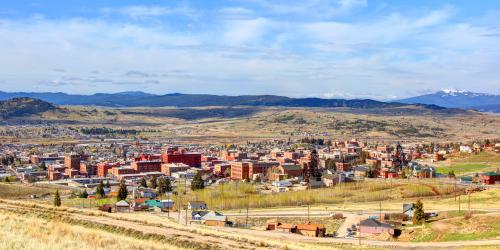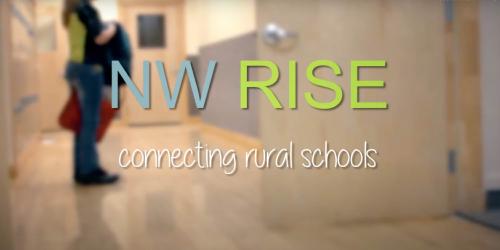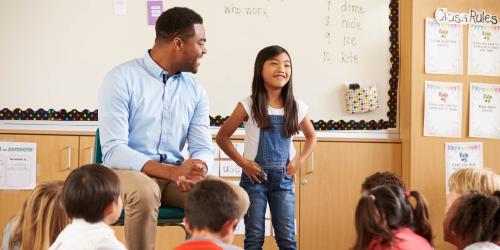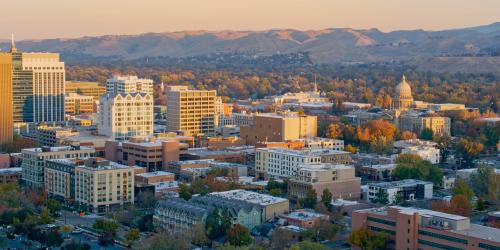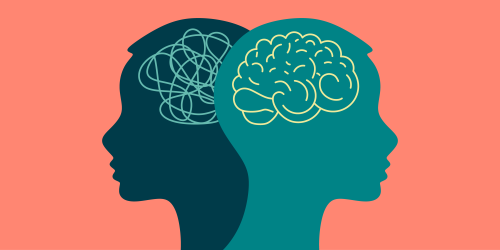A study of college readiness of first-time students at the University of Alaska found that high school GPA was more predictive of students’ success in college English and math courses than standardized test scores.
U.S. Representative Suzanne Bonamici—whose Congressional district stretches from the west side of Portland all the way to the Oregon coast—spoke with Education Northwest staff.
Laura John writes about how Montana's graduation rates for American Indian students are rising and the state's various programs and initiatives that are helping close the achievement gap in Indian Country.
New study that uncovers challenges faced by rural schools with School Improvement Grants and shows the promise of technical assistance when it comes to implementing evidence-based strategies.
What’s helping to close the gap in our students’ writing ability at Roosevelt High School, Oregon’s most diverse high school, is extending writing beyond the classroom.
Belonging is a fundamental human need. What strategies that educators can use to help students feel more secure in their school experiences?
Our researchers write about how they used a methodology developed by medical researchers to create a useful tool for determining how long it will take students to pass a language proficiency test and exit English learner services.
In a three-minute video, educators from small rural schools in the Pacific Northwest talk about the value of participating in a network.
Alaska's Superintendent of the Year breaks down the three principles that have helped shape his district: attention, building, and collaboration.
Jacob Williams looks at the role educators can play in supporting youth to help keep them out of trouble and discusses several risk domains associated with young people based on a new, comprehensive literature review.
We wrestle with these issues of privilege, dominant culture, and expectations in North Clackamas schools. We’ve found that there is a strong interplay among instructional practices, equity, and leadership.
Oregon's teacher of the year writes about how he came to place students' cultures front and center in his classroom and in the community and encourages more teachers to promote equity.
Education Northwest has launched a new scholarship program for Native educators called The Steven R. Nelson Native Educator Scholarship Program.
As we approach our 50th anniversary, we are running a series on the work we do with the five states that make up our region. This post looks at how Idaho is changing and what’s needed to meet the demands of an evolving workforce.
Although discipline disparities along racial and gender lines have gained increasing attention in recent years, students with disabilities are not always a part of the conversation.


